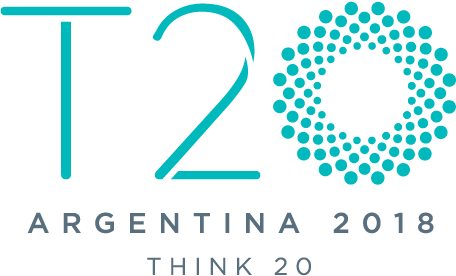By Florencia Caro Sachetti, Member of the T20 Gender Economic Equity Task Force.
The world is changing every day: innovation in technology, globalization and climate change are among the factors that generate changes in our way of life and in our roles in society. In this context, in November 2017 the fourth edition of World Assembly of Women (WAW) took place, a conference organized by the Japanese Government to discuss gender topics with the aim of reaching “a society in which women shine”.
The conference brought together experts, entrepreneurs, business owners and officials from all over the planet to debate the changing role of women and how to unlock their potential to transform the world in a sustainable and inclusive way. One of the main ways of accomplishing this objective is through the economic empowerment of women.
In the last few years, women have entered the workforce on a massive scale. However, they continue to be primarily responsible for domestic activities and childcare. The increase in the rate of working women was not accompanied by an equal distribution of unpaid work. Due to this, the female population are faced with a double workload: inside and outside of the home.
One of the panels in the conference debated this topic: what can we do to redistribute unpaid work between men and women in a fair way? Three Rs sum up the solution: recognise unpaid work, reduce women’s workload of these task and redistribute the labour.
There were a number of other topics discussed too including gender mainstreaming in business, the role of technology in education, the image of women in the media, entrepreneurship, peace, and resilience against natural disasters. The Tokyo Declaration, the document that sums up the proposals put forward in the WAW, underlined the need to form alliances between the public, private and civil society sectors to promote measures and to deal with gender stereotypes that exist in society.
Given the importance of the countries which make up the G20 in the world economy and their potential to close the existing breaches, the recommendations put forward by the conference, and others, on gender equality take a particular importance. During the Argentine presidency of the international forum, the Think 20 (T20) features a Task Force committed to economic gender equity. This group will carry out its work along with the Women 20 (W20) to create forums for debate based on evidence. The objective of this space is to form concrete proposals to guarantee women’s rights while promoting a sustainable and inclusive growth.
Reducing the gender gap is, first of all, a question of equity between men and women. However, it is also good for business: evidence shows that gender equality is key for economic growth.
